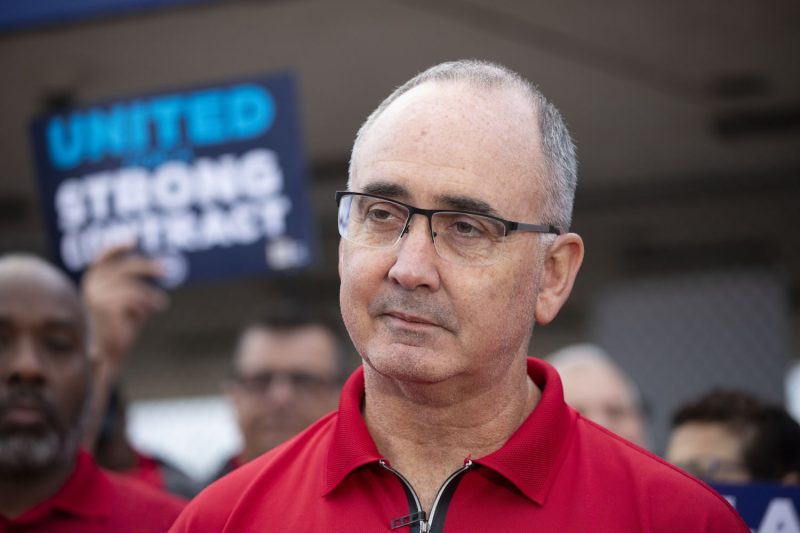The United Automobile Workers (UAW) Union has recently challenged the outcome of the union vote at the Mercedes-Benz manufacturing plant in Alabama. The UAW has requested the National Labor Relations Board (NLRB) to conduct a new election due to alleged interference and unfair labor practices during the initial vote. This development has brought to light the contentious nature of organized labor efforts in the automotive industry.
The UAW’s decision to challenge the union vote results at the Mercedes-Benz plant reflects the deep-rooted tensions between management and labor in the workplace. The UAW has accused Mercedes-Benz of engaging in anti-union activities that may have influenced the outcome of the vote. These allegations underscore the challenges faced by unions seeking to organize workers in industries where anti-union sentiments are prevalent.
The NLRB plays a crucial role in overseeing labor relations and ensuring fair practices during unionization efforts. The UAW’s appeal to the NLRB underscores the importance of upholding the integrity of the unionization process and protecting the rights of workers to organize. By requesting a new election, the UAW aims to rectify any unfair practices that may have compromised the voting process.
The outcome of the UAW’s challenge to the union vote at the Mercedes-Benz plant will have far-reaching implications for both labor and management. If the NLRB determines that there were indeed unfair practices during the initial vote, it could lead to a new election that may result in a different outcome. This decision could potentially shift the balance of power between labor and management at the plant.
In conclusion, the UAW’s challenge to the union vote at the Mercedes-Benz plant highlights the complex dynamics of labor relations in the automotive industry. The outcome of this challenge will not only impact the workers at the plant but also set a precedent for future unionization efforts within the industry. It is essential for the NLRB to thoroughly investigate the UAW’s allegations and ensure a fair and transparent process moving forward.



























